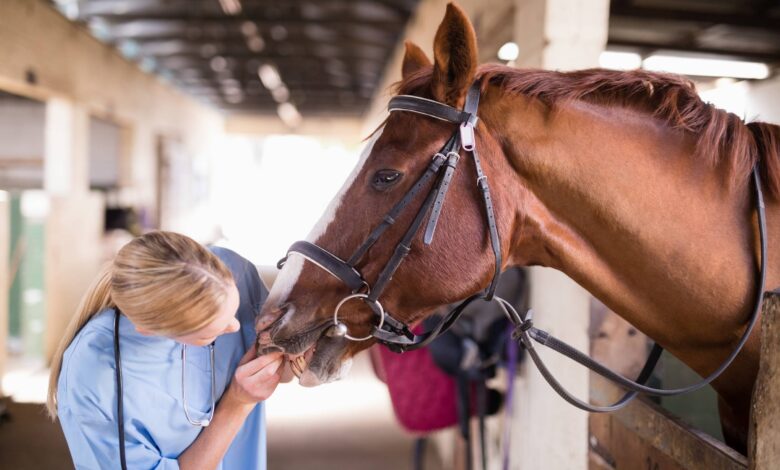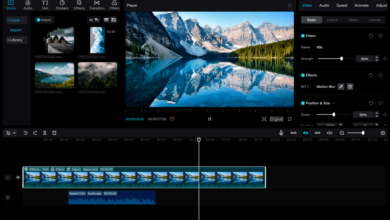Equine Care Essentials: Safeguarding Your Horse’s Well-Being
Protecting against loss through horse mortality insurance is one-way owners can manage risk, especially in cases of illness or injury.

Caring for a horse requires more than providing food and shelter—it involves a deep commitment to the animal’s physical and emotional well-being. Proper grooming, regular exercise, and attention to health signals are essential to maintaining a strong bond and a healthy, active life for the horse. Understanding their behavior, routines, and needs helps build trust and ensures long-term welfare.
Alongside daily care, responsible horse ownership also means preparing for unexpected circumstances. Protecting against loss through horse mortality insurance is one-way owners can manage risk, especially in cases of illness or injury. This coverage provides peace of mind and supports equine care’s emotional and financial aspects. It also allows owners to make informed medical decisions without the added stress of potential financial burden. Considering insurance as part of a broader care strategy reflects a proactive and compassionate approach to equine responsibility.
Importance of Regular Health Check-Ups
Routine veterinary examinations are crucial for safeguarding a horse’s well-being. These appointments enable the early identification of possible health concerns and offer necessary guidance on preventative care. Check-ups generally encompass vaccinations, dental assessments, and nutritional advice to ensure that horses stay in peak condition.
The relationship between horse owners and veterinarians should be built on trust and open communication, emphasizing the goal of sustaining excellent equine health. By making informed decisions with the guidance of experienced professionals, you can significantly improve your horse’s longevity and quality of life.
Nutrition: The Building Block of Equine Health
Nutrition is vital for a horse’s health, serving as the foundation of their overall well-being. A balanced diet, customized according to age, activity level, and health conditions, is essential for optimal health. High-quality forage provides the necessary fiber for digestion, while grains and supplements contribute additional nutrients for growth and energy. Grasping the significance of proteins, vitamins, and minerals in a horse’s system is vital, as they play an essential role in muscle growth, immune health, and general well-being. Establishing a carefully planned feeding routine can help your equine companion flourish.
The Role of Proper Housing and Environment
A clean, safe, and comfortable environment significantly impacts a horse’s physical and emotional well-being. Proper housing offers protection from adverse weather conditions, whether the scorching summer sun or the biting winds of winter. A stable shelter that guards against the elements is a central aspect of animal welfare.
Understanding the Need for Horse Insurance
Equine insurance protects horse owners from unexpected veterinary expenses. Selecting the right policy can be difficult, but it guarantees access to quality emergency care. A customized policy enables owners to seek necessary veterinary treatment without excessive costs. This proactive approach lets owners prioritize their horse’s health and well-being without financial burdens. It’s essential to understand coverage limits, premiums, and exclusions to choose the most suitable policy.
Educational Tools and Resources for Horse Owners
Owning a horse requires continuous learning and a deep passion for the subject. Technology offers many educational resources, including online courses, webinars, instructional videos, and podcasts. Additionally, online forums and local horse clubs provide community support, allowing owners to gain diverse perspectives and find answers to their questions. These resources empower horse owners by combining modern expertise with traditional knowledge, enhancing the quality of equine care and helping them improve their skills and understanding in the field.











